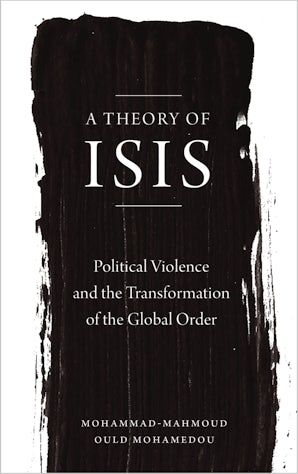Reading ISIS
with Mohammad-Mahmoud Ould Mohamedou
Thu, 29 Mar 2018, 12:30
New York University, New York (USA), The Hagop Kevorkian Center for Near Eastern Studies, 50 Washington Square S, New York, NY 10012, USA
Co-sponsored by The New School
How should ISIS be theorized? Where was the violence of the Islamic State born, what meaning did it carry, and where did it head? Ultimately, what impact has the transnational armed group had on contemporary international history and how should social sciences account for it? Arguing that dominant accounts of the radical Islamist group have been characteristically under-theorized and overly descriptive, Mohammad-Mahmoud Ould Mohamedou articulates in his new book A Theory of ISIS – Political Violence and the Transformation of the Global Order (Pluto Press, 2018), an original perspective on the genesis, nature, and trajectory of the Islamic State historicizing it in relation to colonialism, modernity, and globalization.
Mohammad-Mahmoud Ould Mohamedou is Professor of International History and Chair of the International History Department at the Graduate Institute of International and Development Studies in Geneva. Previously the Associate Director of the Programme on Humanitarian Policy and Conflict Research at Harvard University, he also teaches at the Doctoral School at Sciences Po Paris. He is the author of Iraq and the Second Gulf War – State-building and Regime Security (2002), Contre-Croisade – Le 11 Septembre et le Retournement du Monde (2004), Understanding Al Qaeda – Changing War and Global Politics (2011), and co-editor of Democratization in the 21st Century(2016).


